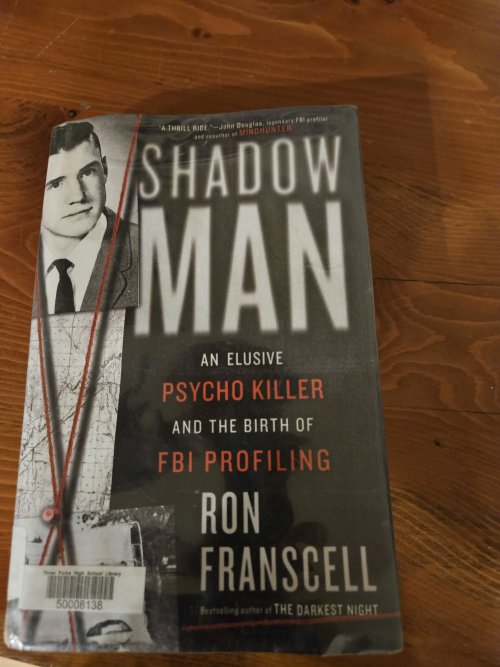Irrelevant
Well-known member
While it was delivered as a speech, it is great writing.

 fs.blog
fs.blog

This is Water by David Foster Wallace (Full Transcript and Audio)
David Foster Wallace's remarkable 2005 commencement speech, This is Water, is a timeless trove of wisdom for living a meaningful life. Here is a full transcript along with audio.
 fs.blog
fs.blog








